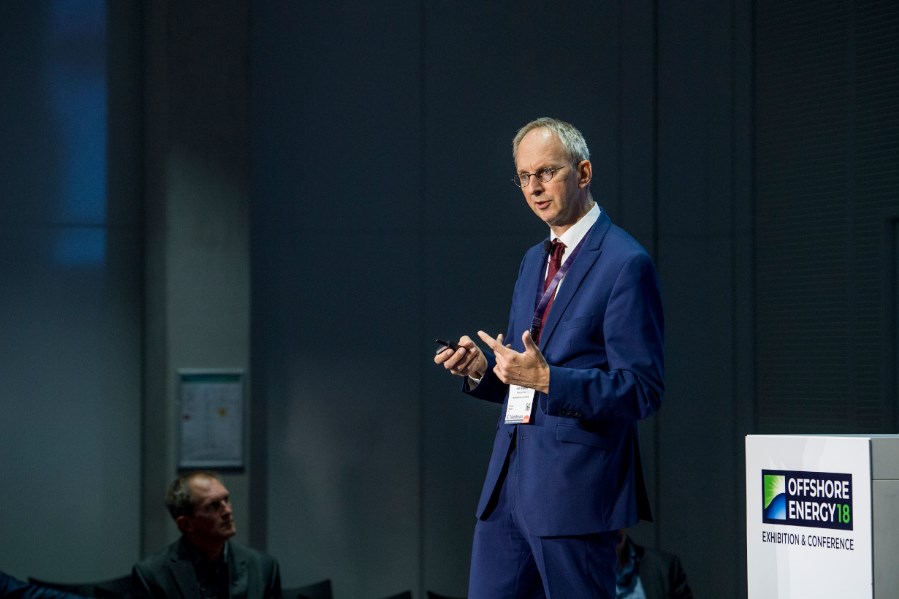VIDEO: German influence in offshore wind

[ad_1]
Offshore Wind in Germany has taken a remarkable development in the past decade. With the zero bids in the last tender round, also economics are very attractive.
Many companies from Germany have enabled that learning curve and are looking forward to cooperating with other market actors to further advance offshore wind.
“We need to talk more about the high capacity factor of offshore wind. Especially in Northwest Europa offshore wind is highly available during autumn, winter and spring when other renewables sometimes are not that abundantly available. Offshore wind can play an important role to secure energy supply at high load season,” comments Jan Rispens, managing director, Renewable Energy Hamburg.
Enable sector coupling
So what stands in the way of offshore wind in the energy transition? Rispens notes that it depends on the market and its regulations. In markets with a relative high share of fluctuating renewables like Germany, the main challenges seem to be to enable sector coupling, the improvement of the electricity grid and also storage solution. Grid expansion is a process that takes a long time and needs careful planning by authorities and regulators.
“We hope that the grid expansion plan in Germany will lower grid congestion problems. For sector coupling the energy market regulation needs to be improved, as until now green electricity is not economically competitive to use for heating and mobility due to taxation and surcharges.”
Defined by government
“Grid expansion and sector coupling is largely defined by governments and regulators,” Rispens continues. “They need to prepare for energy systems with much higher levels of renewables in future than today. So providing the right framework is definitely a public authorities task. Innovation is also important as we see that sector coupling technologies or power-to-gas solutions become available increasingly and also increasingly cost effective. Many technologies today are basically available but innovation depends on upscaling markets – just as it was in the wind sector two decades ago.”
Source link






